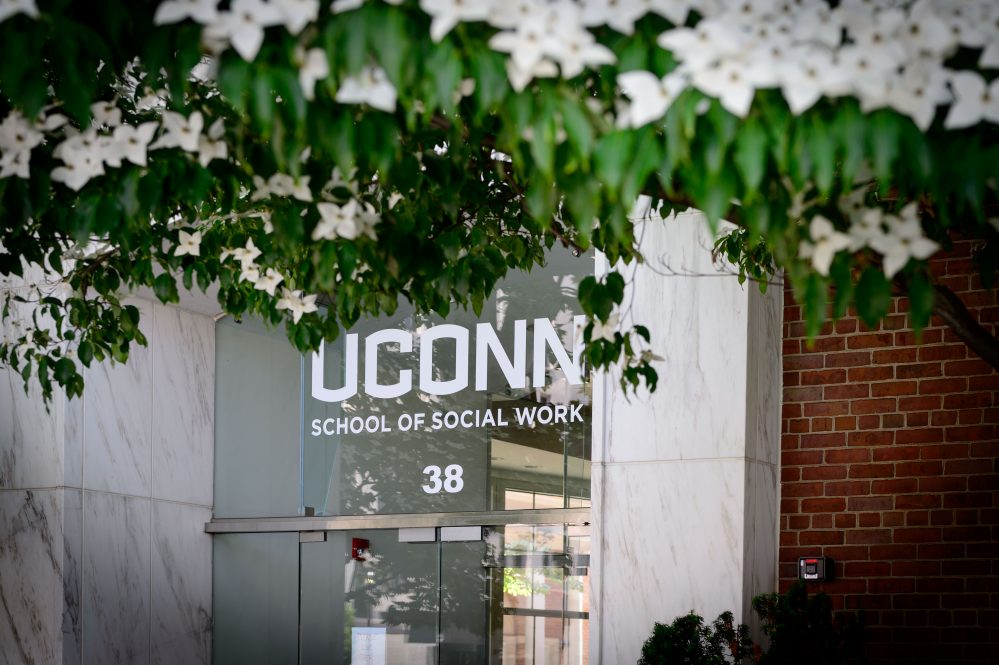Hispanic immigrants face a daunting and unique set of mental and emotional health issues, according to new research by School of Social Work Ph.D. student Leah Holle.
She surveyed 198 Hispanic immigrants, spanning a variety of ages, citizenship statuses, number of years living in the U.S., ages, education levels, and household incomes. Among her findings: “emotional well-being” positively correlated with religiosity, while exhibiting something of an “upside-down U-shape” relative to age: lowest in middle adulthood (30-59), but comparatively higher in young adulthood (18-29) and late adulthood (60-85).
Her paper, “The Emotional Well-Being and Mental Health of Hispanic Immigrants in the United States: Understanding the Impact of Traumatic Experiences and Coping Styles” was recently published in the journal Social Work in Mental Health.
“For me, ‘the coping styles of Hispanic immigrants’ wasn’t necessarily my niche, so it was a lot of learning for me, which I was excited about,” Holle says.
Her research was funded with $5,000 from the School of Social Work, through Holle’s advisor Cristina Mogro-Wilson, director of the school’s Ph.D. program. The funding was for the class “Research II: Survey Research Methods,” with Holle’s publication a result of the dataset she originally collected in that class.
Holle suggests one way that others can piggyback off of her work.
“A large part of [emotional well-being] has to do with acculturation,” Holle explains. “The one thing I wish I’d gotten more information about was the level to which they were acculturated qualitatively, not just the number of years they’d been here quantitatively,” she said, encouraging others in the field to take up that line of research. “For example, examining the extent to which they’re able to continue with rituals, customs, and traditions.”
What’s next for Holle? She recently received the Summer Doctoral Dissertation Fellowship for her upcoming research focusing on the Intersection of religious trauma and disordered eating. That project recently received IRB (Institutional Review Board) approval, with surveys going out starting in mid-April.



